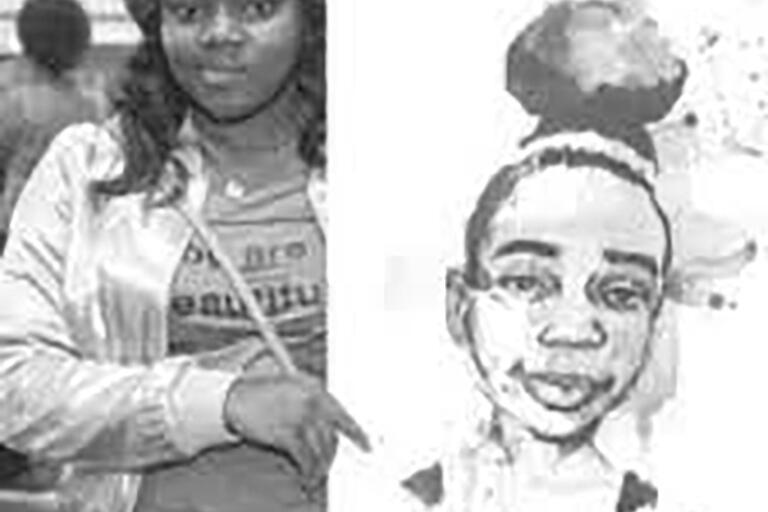As a Black feminist collective of doctoral students, we critically engage theoretical frameworks and qualitative analytics in order to conceptualize our framework of the Black/Girlhood Imaginary. In order to continue to investigate this imaginary—this rupture birthed out of Black feminism (Collins, 1990)—we will use this working group as an opportunity to work through our framework and to hear from others about our points of intersection.
As a working group, we seek to wrestle with our understanding of Black girlhood and open a conversation between the fields of education, performance studies, and African American studies. We seek to theorize Black/Girlhood Imaginary through temporality, embodiment, performance (Taylor, 2003), and confinement. We use the prolific words of the Combahee River Collective to convey the importance and urgency of our collective. We too “believe that the most profound and potentially the most radical politics come directly out of our own identity” (Smith, 1983). We also believe, as thriving Black feminists scholars, that Black/Girlhood Imaginary will disrupt the silences and illuminate the space between Black girlhood and Black womanhood. Black girls live in a social world that survives and thrives off of their erasure and exploitation (Ladner, 1971).
The topics we will discuss at our working group are as follows: 19th-century African American folktales and performance; Black girls’ relationship to knowledge production, epistemology and schooling; the ways Black women/girls document themselves against the archival grain; the criminalization of Black girls in schools and the contemporary criminal justice system; and Black-girl affect (Ahmed, 2010).
We aim to center Black girls as key stakeholders, thus allowing them to voice their own issues and provide key insights on their wants and needs. We envision the work of our collective as a theoretical extension of intersectionality, and a tangible way to support Black girls from various communities because we understand that as Audre Lorde articulates “I am not free while any woman is unfree, even when her shackles are very different from my own.”
We seek to investigate notions and conceptualizations of gender inequity through the embodiment and lived experience of Black girls and women.
Our primary questions are:
1) What is Black girlhood?
2) How does Black girlhood move beyond an identity and become reified?
3) What is the relationship between Black girlhood and Black womanhood?
4) How has history shaped notions of Black girlhood and Black womanhood?
5) How do social constructions of Black girlhood and Black womanhood impact social outcomes, pathways, and trajectories for Black girls and women?



